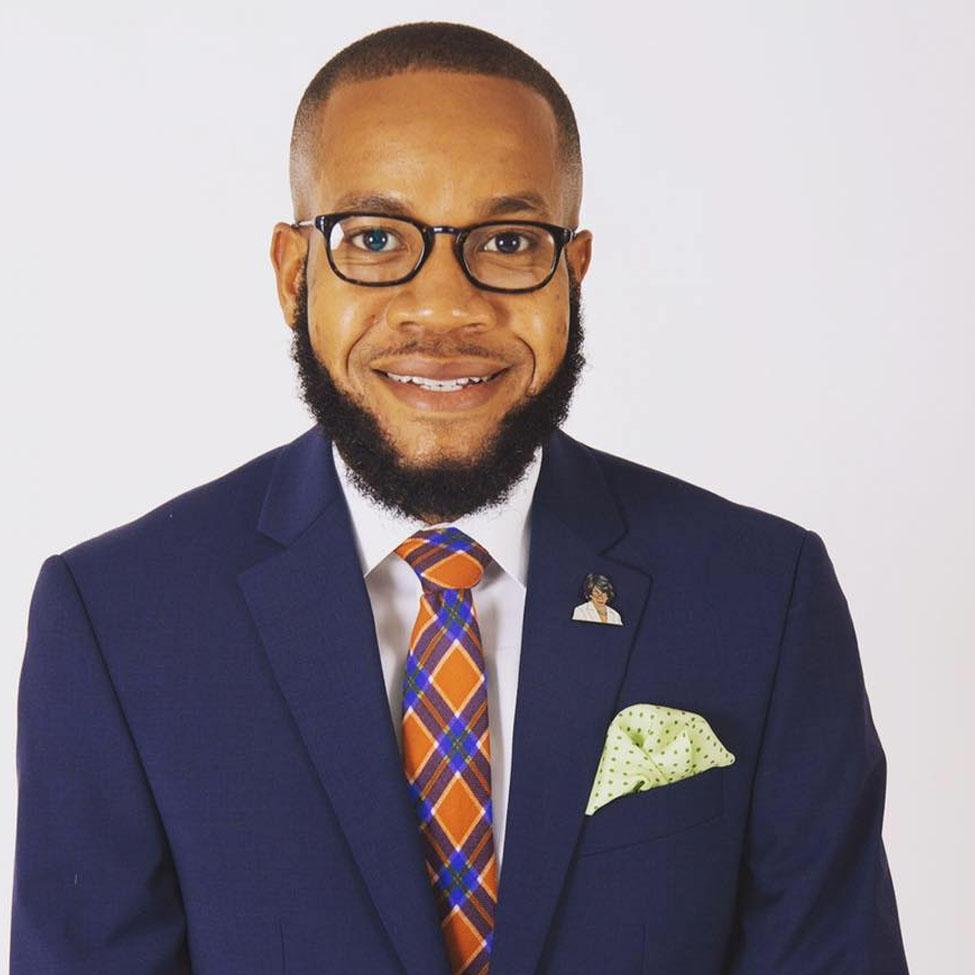
Op-ed: Higher Education Drives New York's Economic And Social Vitality
Pace President Marvin Krislov writes an op-ed with Jessica Lappin of the Downtown Alliance in Crain's New York Business, emphasizing the critical role of higher education in sustaining New York City's economic and social well-being.
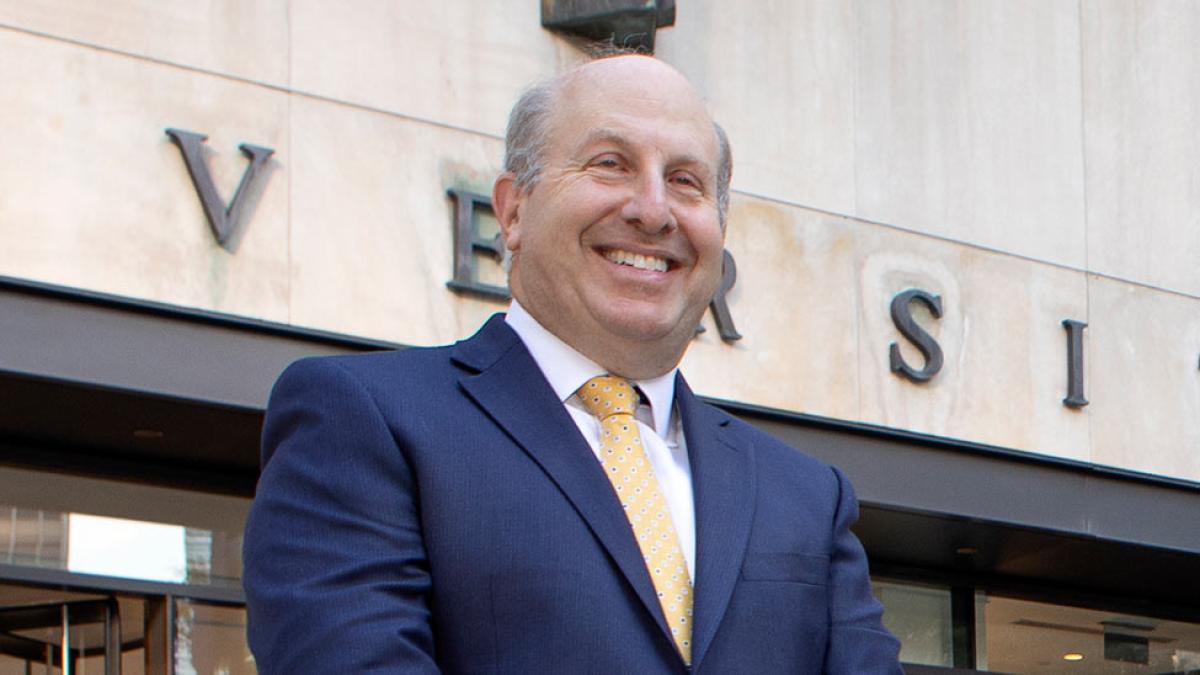
Fox 5 News: Professor Bennett Gershman on Babylon Village Retail Gun Store Ban
Haub Law Professor Bennett Gershman speaks to Fox 5 News about the controversial law enacted in Babylon Village, New York which bans the sale of firearms and ammunition within its borders, saying it could be viewed as unconstitutional.
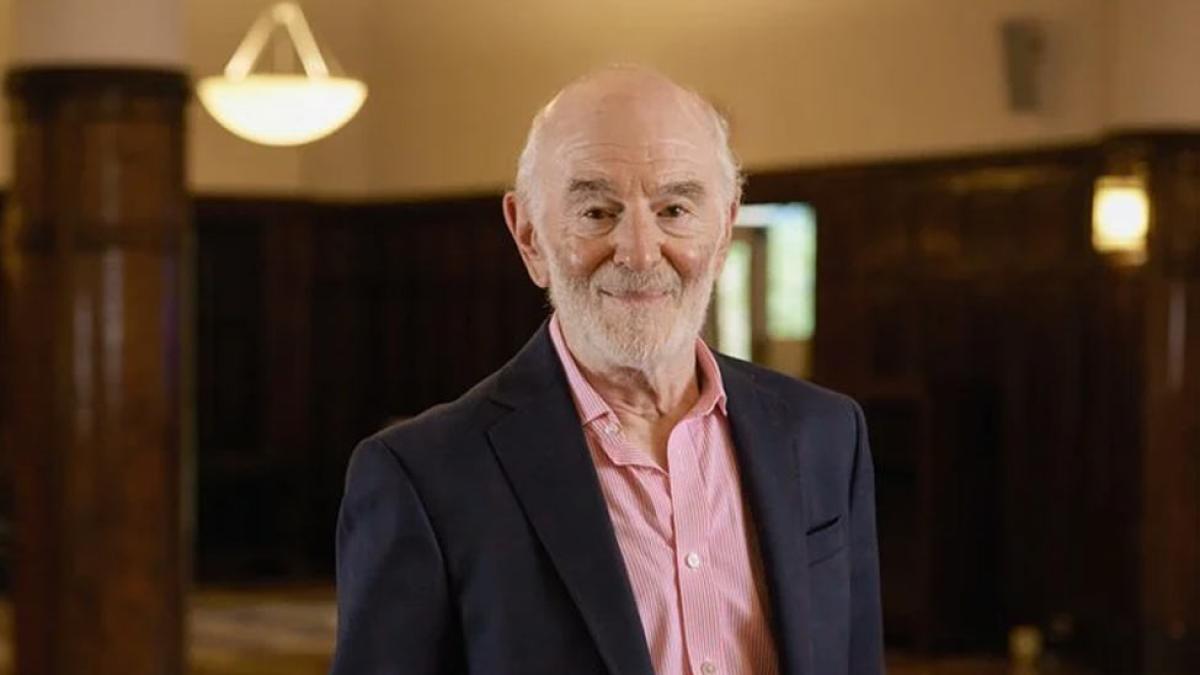
Who Will Be New York City’s Next Cellino & Barnes?
Larry Chiagouris, a professor of marketing at Pace University, said that because most people don’t pay attention to law firm advertisements, firms need to be creative. “Offer up language that has not been seen 100,000 times before,” he said. “I think it's important to know that law firms typically won't use this language in court or before a judge.”

After Suffolk Fires, 'Vibrant Regeneration' Predicted For Burned Areas
Environmental Science Professor Matthew Aiello-Lammens provides insight to Newsday on post-fire regeneration efforts in Suffolk County, explaining how dwarf pitch pines rely on fire to disperse seeds and restore biodiversity.
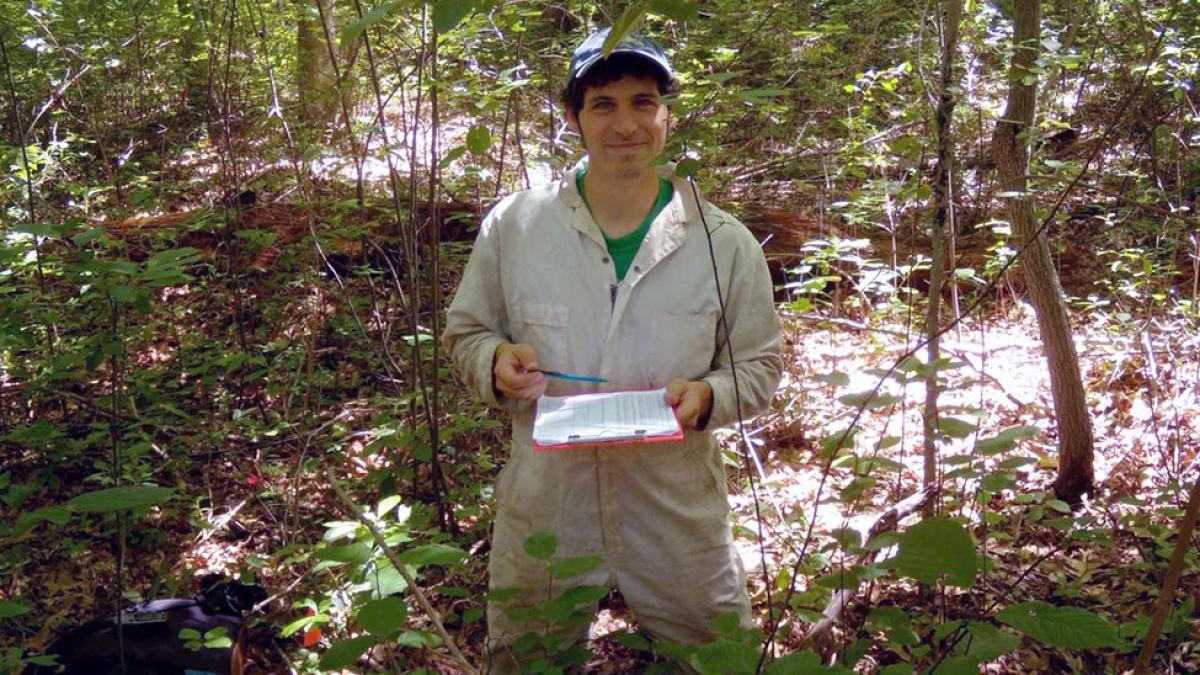
Save a Life, Get a Win, Serve Your Country: Pace's Kieran Hagan's Epic Gameday
Pace men’s lacrosse player Kieran Hagan made headlines for saving a man’s life just before a game, later leading the Setters to victory against Georgian Court, Inside Lacrosse reports.
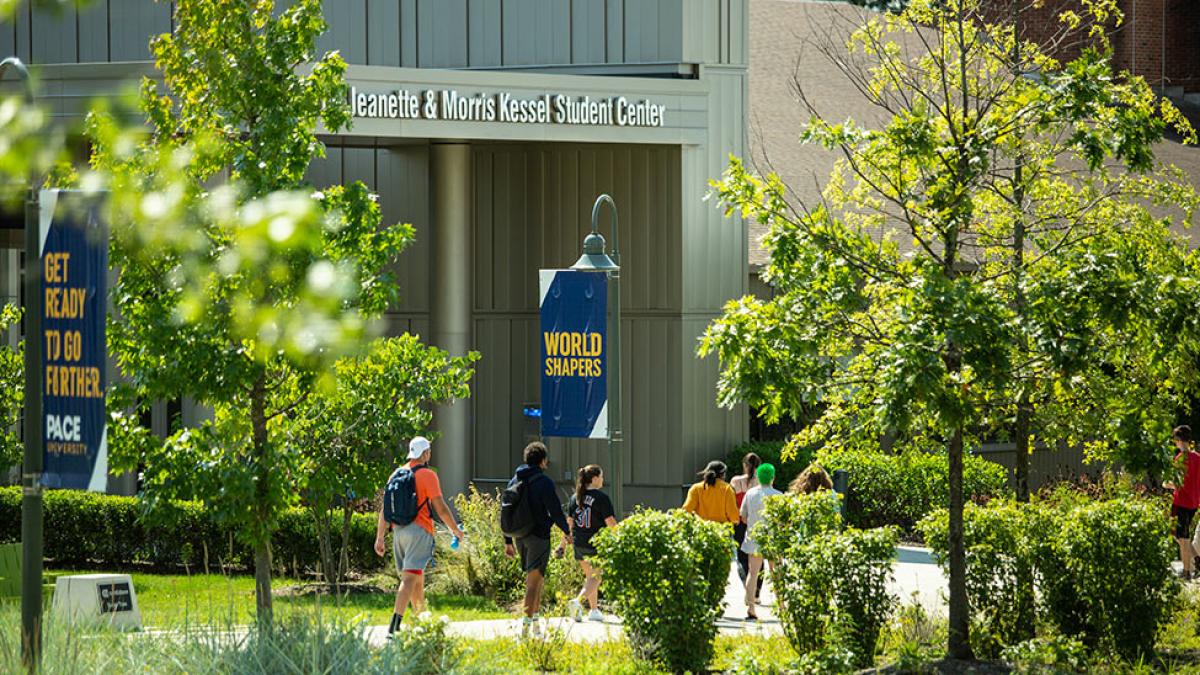
Are We On The Verge Of A Recession?
Economics Professor Mark Weinstock appears on PIX11, examining tariffs and the economy while addressing concerns about a potential recession.
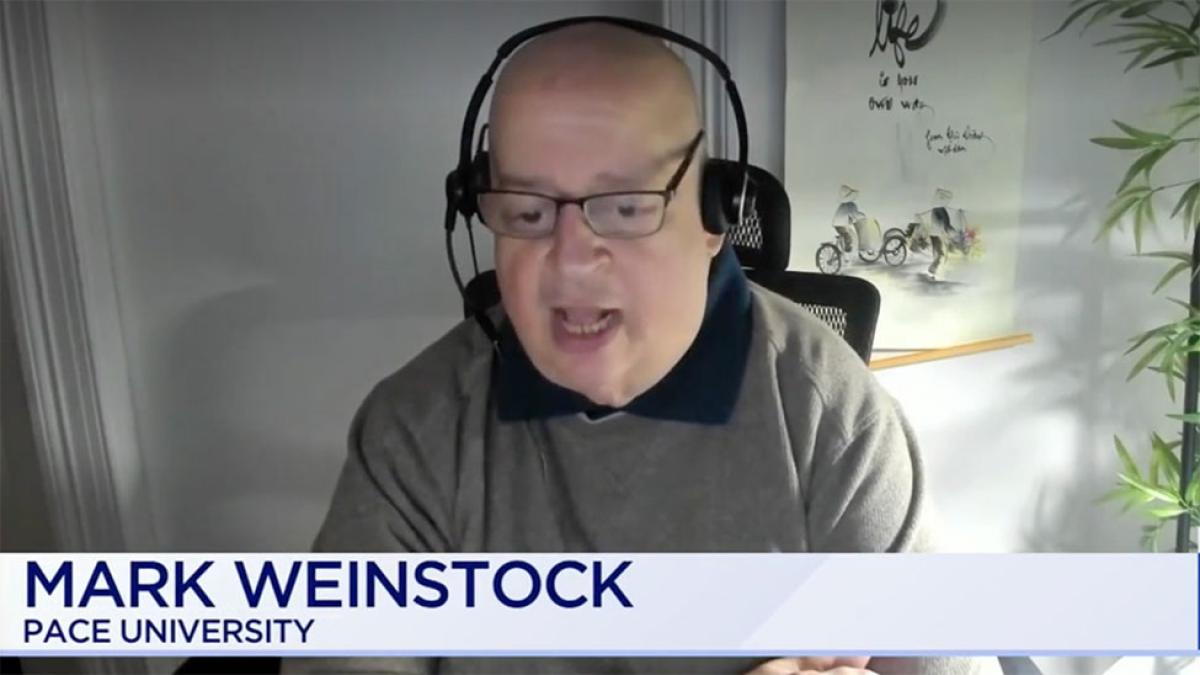
Will Donald Trump Deport Ukrainian Refugees? What We Know
Haub Law Professor and Director of the Immigration Justice Clinic Amelia Wilson speaks with Newsweek about the deportation risks facing Ukrainian refugees, noting that U.S. history suggests individuals from war-torn nations are not necessarily exempt from removal.
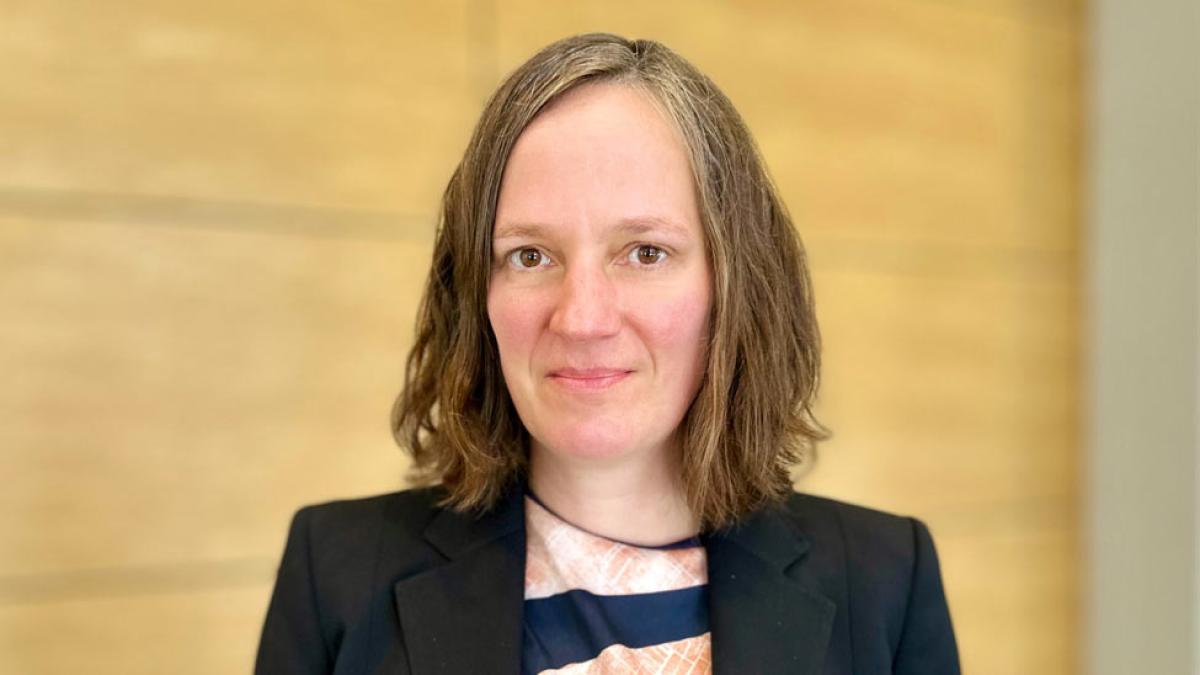
New Realpolitik and Korea
Dyson Professor Seong Jae Min writes a piece in The Korea Times analyzing Korea’s shifting geopolitical landscape.
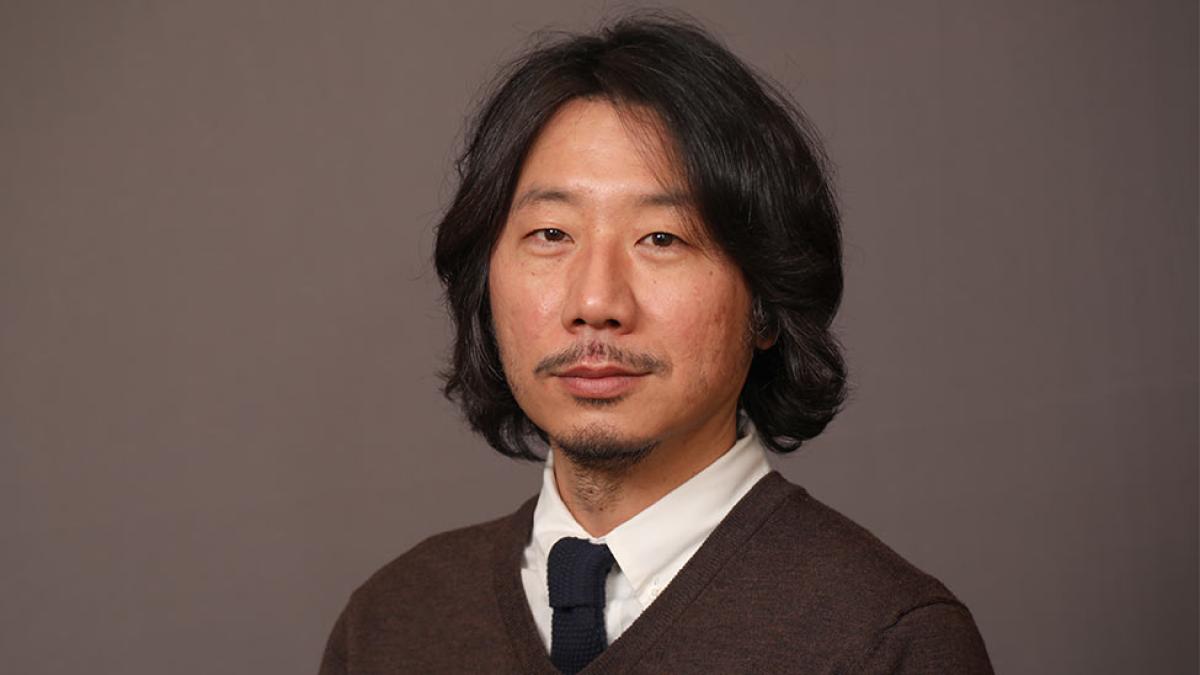
Taco Project Donates Funds To Support Pace University's Women's Justice Center
Local restaurant chain Taco Project donates proceeds to support the Pace Women’s Justice Center, News 12 Westchester reports. All five locations donated $1 for every taco sold in honor of International Women's Day.
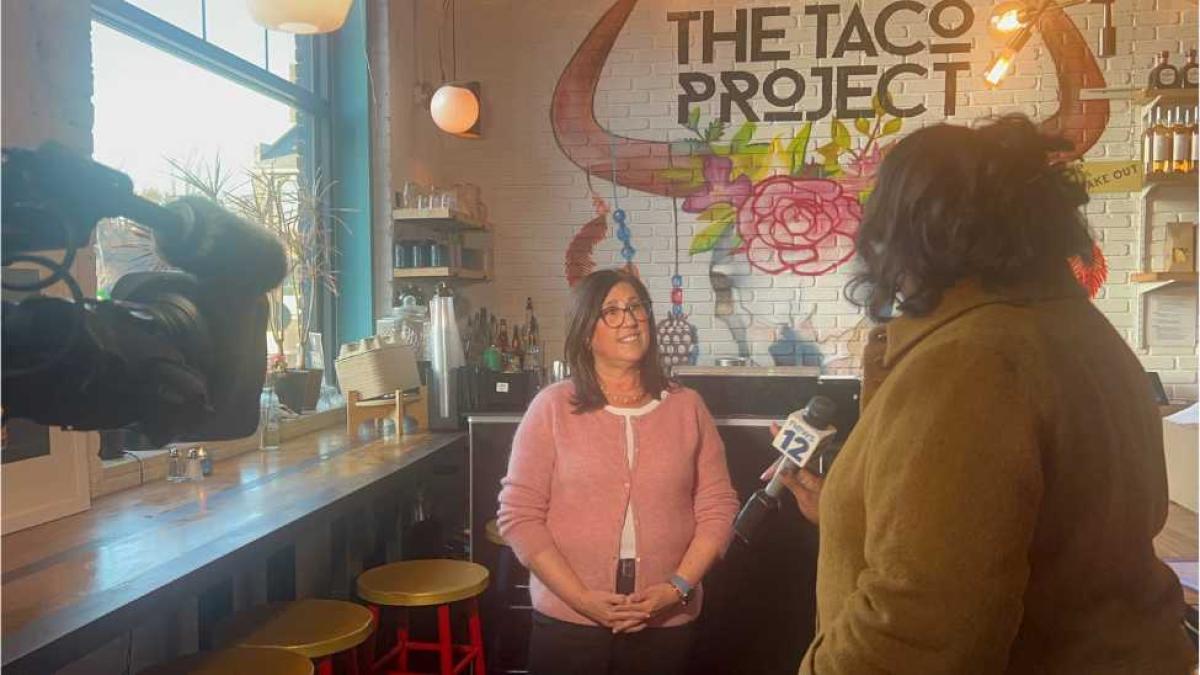
Dyson Faculty Are Recognized by Project Pericles with Civic Engagement Mini-Grants
Associate Professor of Communication and Media Studies Melvin Williams, PhD, and Clinical Assistant Professor of Political Science Laura Tamman, PhD, have been awarded Civic Engagement Mini-Grants through Pace’s Center for Community Action and Research’s longtime partnership with Project Pericles.
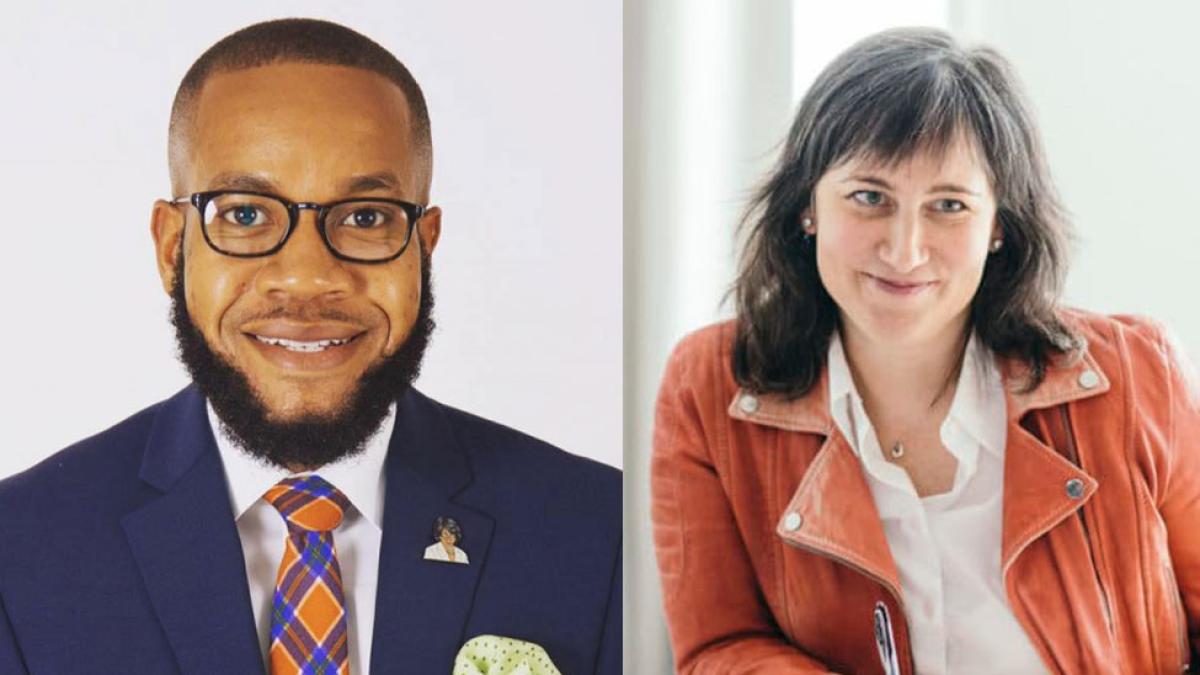

Associate Professor of Communication and Media Studies Melvin Williams, PhD, and Clinical Assistant Professor of Political Science Laura Tamman, PhD, have been awarded Civic Engagement Mini-Grants through Pace’s Center for Community Action and Research’s longtime partnership with Project Pericles. Project Pericles is a higher education nonprofit dedicated to advancing civic participation and social responsibility across college campuses through faculty leadership programs, community-engaged learning, and co-curricular initiatives.
Both faculty will be joining a national cohort of faculty working to strengthen democracy by designing innovative projects, assignments, and activities that empower students to engage with public issues in inclusive and collaborative ways.
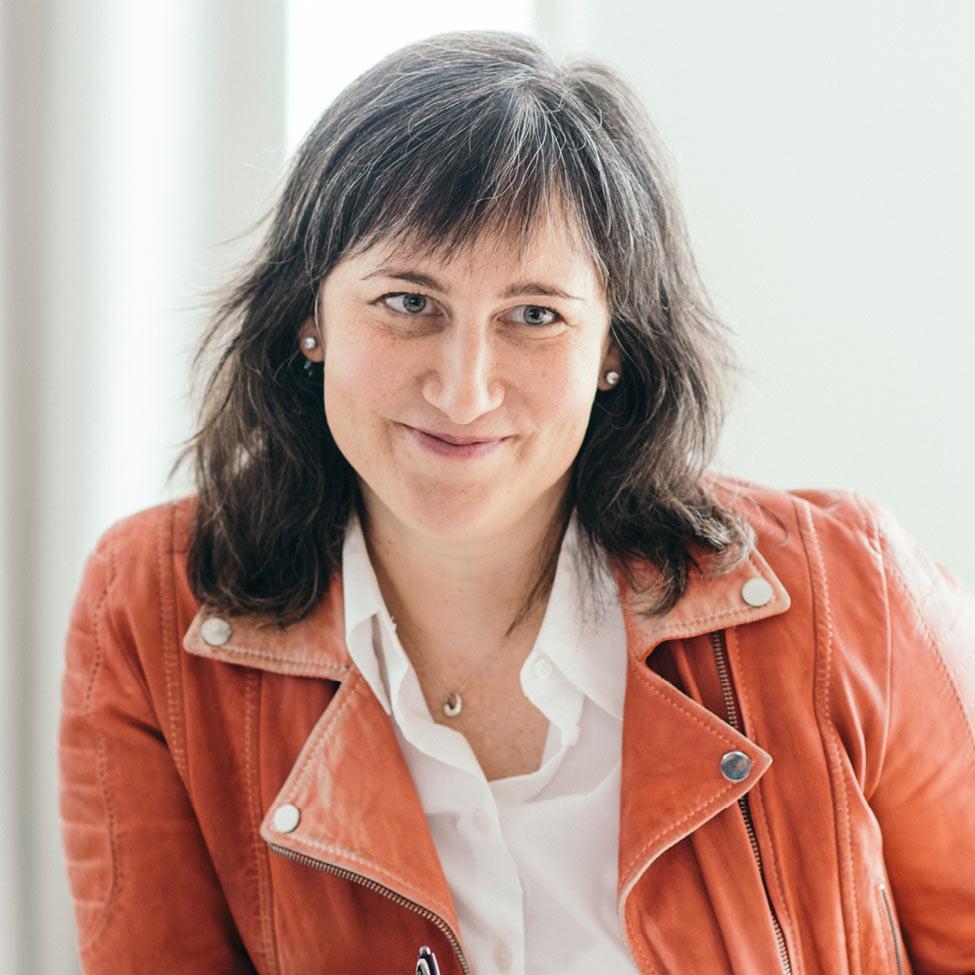
Tamman will be integrating a Ranked Choice Voter Simulation into her course, Introduction to American Politics and Government, and Williams will be integrating voter education into a conversation about celebrity political endorsements in his course, Communication and Popular Culture. In doing so, these faculty will be contributing to Project Pericles Civic Engagement Resources used by faculty and staff nationwide.
Funding for this program is provided to Project Pericles thanks to the Mellon Foundation and the Eugene M. Lang Foundation.
Additional faculty are expected to receive mini-grants for fall 2025, so stay tuned for an update.